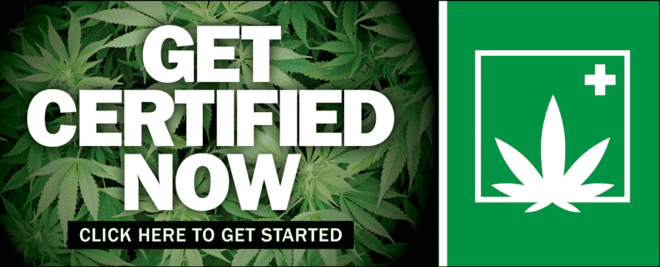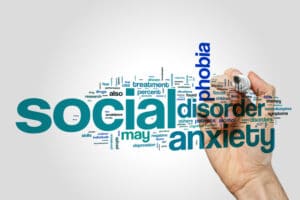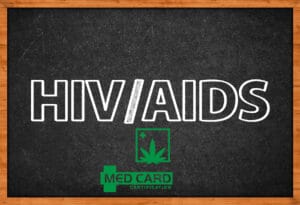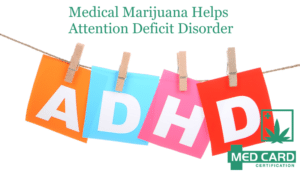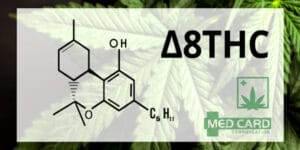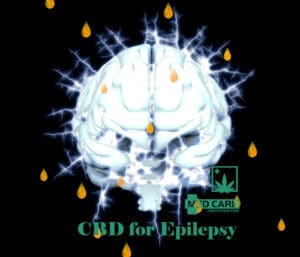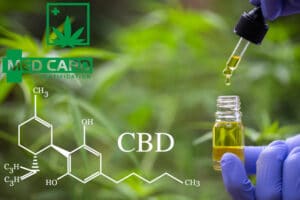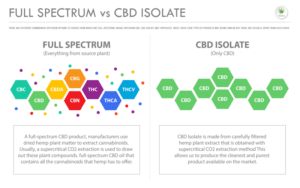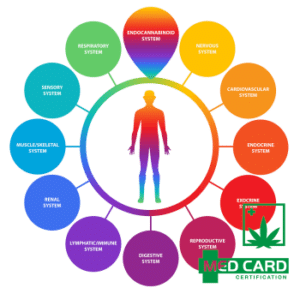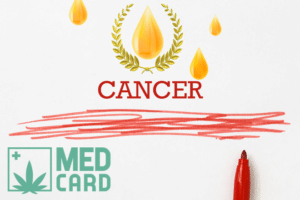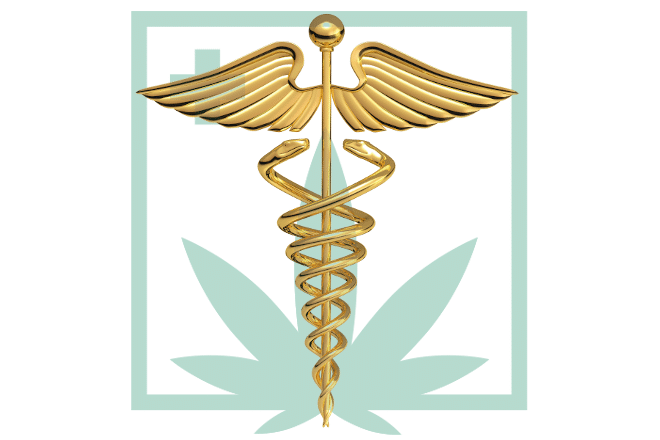
Medical Marijuana for Concussions
- Compounds produced in cannabis flowers called cannabinoids help to protect the brain and possibly even help to promote neuron regeneration.
- Medical marijuana is being used by athletes to limit concussion damage and relieve associated pain. A concussion is an internal brain injury caused by a blow to the head. Concussions are common among full-contact athletes such as football and hockey players and boxers.
In this article:
- What is a concussion?
- How does medical marijuana help concussion patients?
- How does medical marijuana help treat concussions?
- How is medical marijuana used to treat concussions?
- Conclusion
- Sources and additional reading
What is a concussion?
Concussions are a type of traumatic brain injury caused by a blow to the head. These injuries commonly occur during contact sports, especially football, hockey, and boxing.
Concussions can be challenging to diagnose, even if there is physical evidence of injuries such as a cut or a bruise on the head. In some cases, symptoms don’t appear for a few days, or even weeks after the injury is sustained. However, in some instances, concussion symptoms are apparent within a few seconds.
Some common symptoms of a concussion may include confusion, blurred vision, headache, feeling dazed, ringing in the ears, and extreme sensitivity to noise and light.
Athletes engaged in contact sports such as football, hockey, and boxing often sustain repeated concussions. These athletes are highly susceptible to acquiring a degenerative brain disease called Chronic Traumatic Encephalopathy (CTE).
CTE is characterized by symptoms such as impaired cognition, memory loss, depression, agitation, irritability, chronic headaches, and muscle spasticity. Symptoms may take years to surface, and often it’s too late for treatment. In those cases individuals may experience an intractable form of CTE, rendering standard medications useless.
When a head injury is sustained, a form of tissue known as tau protein is produced by the brain in an attempt to protect damaged brain cells. With repeated traumas, these proteins clump together and form plaques similar to those found in the brains of Alzheimer’s patients.
However, cannabis use is believed by some experts to help reduce the damage done by individual concussions, thus inhibiting the onset and progression of CTE.
How does medical marijuana help concussion patients?
Some common symptoms of a concussion may include confusion, blurred vision, headache, feeling dazed, ringing in the ears, and extreme sensitivity to noise and light. Also, head injuries usually come with acute pain.
CTE symptoms are impaired cognition, memory loss, depression, agitation, irritability, chronic headaches, and muscle spasticity.
Compounds found in cannabis may help to reduce inflammation and pain caused by head injuries. Moreover, many experts believe that cannabis has the ability to repair and regenerate damaged neurons in some cases shortening the healing time after a concussion.
How does medical marijuana treat concussions?
Recent studies indicate that medical marijuana may be a highly effective treatment for patients with concussions, CTE, and intractable CTE. Researchers suggest that CBD (cannabidiol), a compound found in cannabis flowers, offers both neuroprotectant and anti-inflammatory properties These properties appear to trigger repair mechanisms in brain tissue and counteract swelling.
Although the anecdotal evidence provided by injured athletes is ubiquitous, there is a significant lack of clinical research on cannabis treatment for concussions and CTE. However, there are a few recent trials and studies supporting the use of cannabinoids for these all-too-common conditions.
One study by the National Institute of Mental Health reported the unique findings. When cannabidiol was administered to mouse brains, researchers noted that the compound appeared to protect neurons from toxins.
In another study, researchers indicated cannabinoids’ ability to effectively counteract the damage sustained by traumatic brain injury in some individuals.
Studies out of Brazil and Canada discovered cannabinoids’ potential in reducing depressive and anxious behaviors in mice. Additionally, the compounds may be responsible for stimulating neuron growth in the brain.
Furthermore, the results of a 2018 survey effectively highlight cannabinoids’ ability to attenuate the dizziness and pain related to CTE and concussions.
Not surprisingly, several companies are now researching the many benefits of cannabis to determine its efficacy in treating and possibly repairing the damage inflicted by concussions and CTE.
How medical marijuana is used to treat concussions
Research suggests that THC (a cannabinoid found in marijuana that can be intoxicating at higher dosages) and CBD (a non-intoxicating cannabinoid) work together to protect the brain from damage and relieve pain. Cannabis products can be purchased in a wide variety of strains and formulations with varying levels of different cannabinoids.
Cannabinoids affect each patient differently. As a result, some experimentation might be required to determine the ideal formula or cannabis strain.
Patients should start with the lowest possible dosage. If no unwanted side effects arise, then the dosage can be increased slowly until an effective dosage is reached.
Concussion patients that seek immediate relief from pain are best served with cannabis products that offer a fast onset time and high bioavailability. Inhalers, vape pens, dabs, and smoking marijuana or cannabis concentrates all offer fast onset time and potent effects.
Patients suffering from respiratory or circulatory issues or high blood pressure might be better served by using an inhaler as smoking can cause further damage to the lungs and circulatory system.
For patients who are recovering from a concussion, a medical marijuana doctor might recommend daily supplemental use of oral cannabis products. Oils and tinctures can be used sublingually (absorbed into the tissues under the tongue) or orally or added to food and beverages. Marijuana edibles such as brownies and gummies can also be purchased at many dispensaries nationwide. All of these products offer ease of use and accurate dosing.
However, the onset time and bioavailability are lower for oral applications. The effects of edibles can take anywhere from fifteen minutes to over an hour to take effect. Onset time depends on the product and whether or not it’s taken with a meal.
Eighteen U.S. states now allow adults 21 and older to buy marijuana and other cannabis-infused products at state-licensed marijuana dispensaries without a medical marijuana card. Also, several states offer access to medical marijuana for concussion patients.
For patients who live in a state where marijuana is not an option, CBD alone might offer substantial relief. CTE patients can buy CBD online without a medical marijuana card and have it delivered to their doorstep.
Although marijuana is available without a medical marijuana card in some states, and CBD is legal for all, patients suffering from CTE should not be self-medicating. Ideally, any treatment involving cannabis should be monitored by a qualified medical marijuana doctor.
Conclusion
In many cases, medical marijuana can help patients suffering from a concussion to deal with pain. Moreover, cannabis might help to speed the recovery of concussion patients. It may also inhibit the processes that could lead to CTE in patients that experience repeated concussions.
A concussion is a serious injury that causes permanent damage if not properly treated. Patients suffering from a concussion should not be self-medicating. Treatment should be administered under the guidance of an experienced medical marijuana doctor.

Sign Up for Medical Cannabis Today!
For potential patients, if you’re ready, we make it easy to connect with a medical marijuana doctor nearby or online. If you are interested in getting certified, please fill out the MMJ patient registration form below and press submit to get started. See if you qualify today!

MedCard Registration Form

Marijuana strains reported to help with Concussions:
- Sour Diesel
- Blue Cheese
- Green Crack
- Northern Lights
- OG Kush
Additional Reading:
- Cannabinoid agonist rescues learning and memory after a traumatic brain injury
- Endocannabinoids and neuroprotection
- Neuroprotective antioxidants from marijuana
- The anxiolytic effect of cannabidiol on chronically stressed mice depends on hippocampal neurogenesis: involvement of the endocannabinoid system
- Cannabis, concussion, and chronic pain: An ongoing retrospective analysis at Dent Neurologic Institute in Buffalo, NY
- Cannabinoids promote embryonic and adult hippocampus neurogenesis and produce anxiolytic- and antidepressant-like effects
- Cannabis Therapeutics and the Future of Neurology



